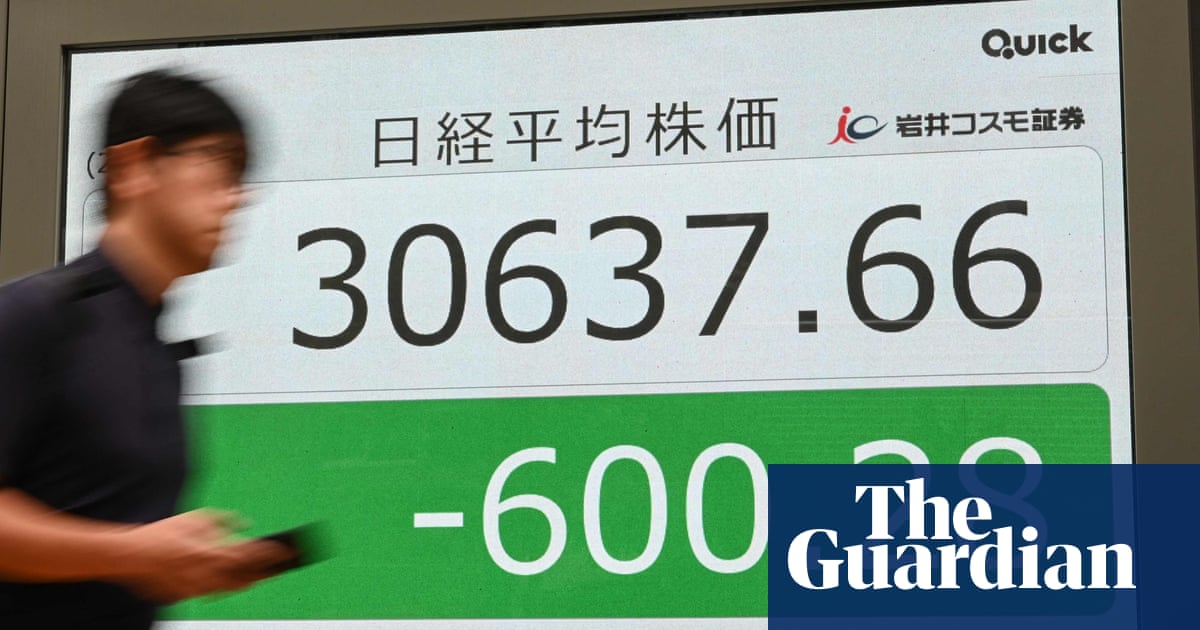
Banks are poised to increase the cost of credit card borrowing in the runup to Christmas, leading to fears that the UK’s poorest households will be priced out of vital credit as the furlough scheme ends and unemployment begins to climb.
The Bank of England said its latest industry survey found that banks raised the cost ofcredit cards in the third quarter and planned to continue increasing average interest rates in the fourth.
A majority of lenders are also expected to restrict loan products in the fourth quarter, though not by as much as in the third, further limiting access to loans as the second wave of the coronavirus spreads across the UK.
The worsening outlook for many consumers was emphasised by industry forecasts predicting a rise in defaults on unsecured loans and mortgages over the next three months.
Peter Tutton, policy director for the anti-poverty charity Stepchange, said the figures showed the lending industry sees trouble ahead. “There is already a large number of people who have borrowed to get through the pandemic. They look like they are going to be joined by households affected by the end of the furlough scheme, the unwinding of the industry’s mortgage payment holiday scheme, and increases in redundancies,” he said.
“The industry must continue to be forgiving and the government needs to step in with higher levels of support if we are to limit the levels of defaults and keep more families from falling into poverty.”
Banks have put in place arrangements to cushion the financial shock of the coronavirus crisis for customers by extending loan terms. But lenders are becoming more circumspect about offering riskier loans, and many have cut the number of low deposit mortgages on offer since the lockdown started.
Officials at the Bank’s Threadneedle Street headquarters are likely to be disappointed by the increasing cost of consumer credit after making strides since the pandemic struck to bring down the cost of borrowing.
The Bank has injected £300bn into the financial system since March to bring down loan rates and has begun to consider introducing negative interest rates to further encourage the level of borrowing by both households and businesses.
The Bank of England said: “Lenders reported that overall unsecured lending spreads widened slightly in the third quarter and were expected to widen further in the fourth quarter.
“Lenders reported that the length of interest-free periods on credit cards for balance transfers and for purchases decreased in the third quarter, and were expected to decrease slightly in the next quarter.”
Lenders widen the spread between the cost of access to credit and the price at which they sell it to increase profit margins, although in an economic downturn this move can be used to protect margins against a rise in defaults by borrowers.
Mark Harris, chief executive of mortgage broker SPF Private Clients, said borrowers who had found it more difficult to get a mortgage would not be surprised to hear that lenders had tightened their criteria in the third quarter and expect to tighten further in the run-up to the end of the year. “Concerns about the impact of the pandemic on earnings and what will happen to property prices, particularly for those borrowing at high loan-to-values, are behind this growing caution.
“Mortgage pricing is on the rise, a trend expected to continue over the course of the rest of the year.”











